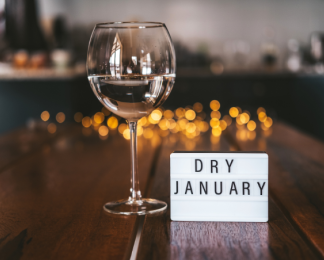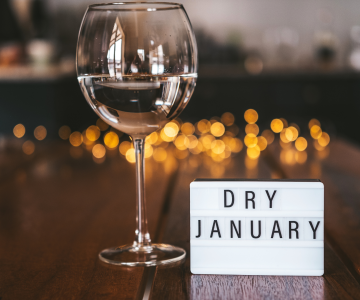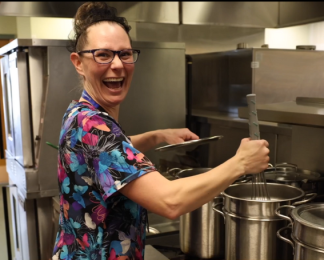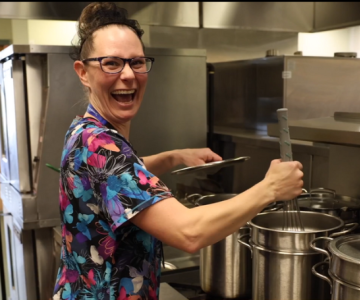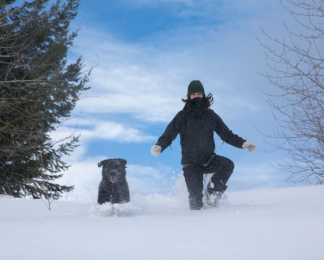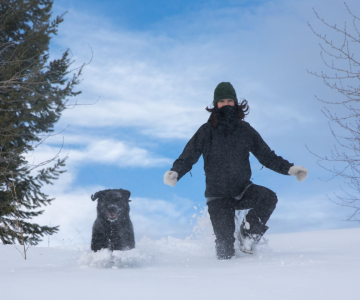I was born and raised in Kelowna, the heart of B.C.’s Okanagan valley, which is well known for beautiful vistas and its wine industry.
People travel from all over the world to experience the vast selection of award-winning wineries in B.C.’s premier grape growing region. As a result, the region’s wine tourism industry brings in millions of dollars a year in revenue and provides thousands of full-time jobs as well as seasonal employment.
More recently, a boom of microbreweries, cideries and distilleries has made more unique and varied alcoholic beverages available to both tourists and locals alike. The Interior region’s rate of manufacturer liquor licences is more than three times higher than the provincial rate. According to Interior Health’s 2020 Medical Health Officer Report, from 2007 to 2018 the region had the highest per capita rate of alcohol consumption in B.C. and alcohol-related hospitalizations and deaths are higher than the provincial average.







